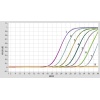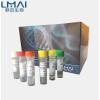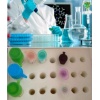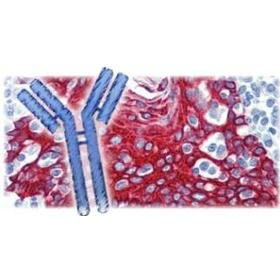
产品详情
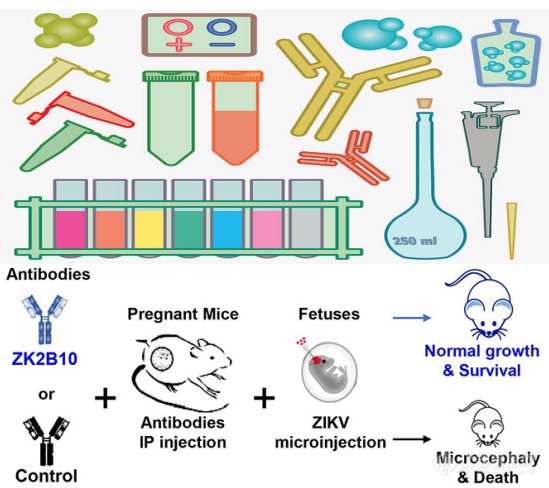
凋亡加强结构域蛋白4抗体
英文名称 CARD4
中文名称 凋亡加强结构域蛋白4抗体
别 名 CARD 4; CARD4; Caspase recruitment domain 4; Caspase recruitment domain containing protein 4; Caspase recruitment domain family member 4; Caspase recruitment domain protein 4; Caspase recruitment domain-containing protein 4; CLR 7.1; CLR7.1; NLR family CARD domain containing 1; NLRC 1; NLRC1; NOD 1; Nod1; NOD1 protein; NOD1_HUMAN; Nucleotide binding oligomerization domain containing 1; Nucleotide binding oligomerization domain leucine rich repeat and CARD domain containing 1; Nucleotide-binding oligomerization domain-containing protein 1; Protein Nod1.
研究领域 细胞生物 信号转导 细胞凋亡
抗体来源 Rabbit
克隆类型 Polyclonal
交叉反应 Human, Mouse, Rat,
产品应用 WB=1:500-2000 ELISA=1:500-1000 IHC-P=1:100-500 IHC-F=1:100-500 IF=1:100-500 (石蜡切片需做抗原修复)
not yet tested in other applications.
optimal dilutions/concentrations should be determined by the end user.
分 子 量 108kDa
细胞定位 细胞浆 细胞膜
性 状 Lyophilized or Liquid
浓 度 1mg/ml
免 疫 原 KLH conjugated synthetic peptide derived from human CARD4:51-150/953
亚 型 IgG
纯化方法 affinity purified by Protein A
储 存 液 0.01M TBS(pH7.4) with 1% BSA, 0.03% Proclin300 and 50% Glycerol.
保存条件 Store at -20 °C for one year. Avoid repeated freeze/thaw cycles. The lyophilized antibody is stable at room temperature for at least one month and for greater than a year when kept at -20°C. When reconstituted in sterile pH 7.4 0.01M PBS or diluent of antibody the antibody is stable for at least two weeks at 2-4 °C.
PubMed PubMed
产品介绍 Enhances caspase-9-mediated apoptosis. Induces NF-kappa-B activity via RIPK2 and IKK-gamma. Confers responsiveness to intracellular bacterial lipopolysaccharides (LPS). Forms an intracellular sensing system along with ARHGEF2 for the detection of microbial effectors during cell invasion by pathogens. Required for RHOA and RIPK2 dependent NF-kappa-B signaling pathways activation upon S.flexneri cell invasion. Involved not only in sensing peptidoglycan (PGN)-derived muropeptides but also in the activation of NF-kappa-B by Shigella effector proteins IpgB2 and OspB.

